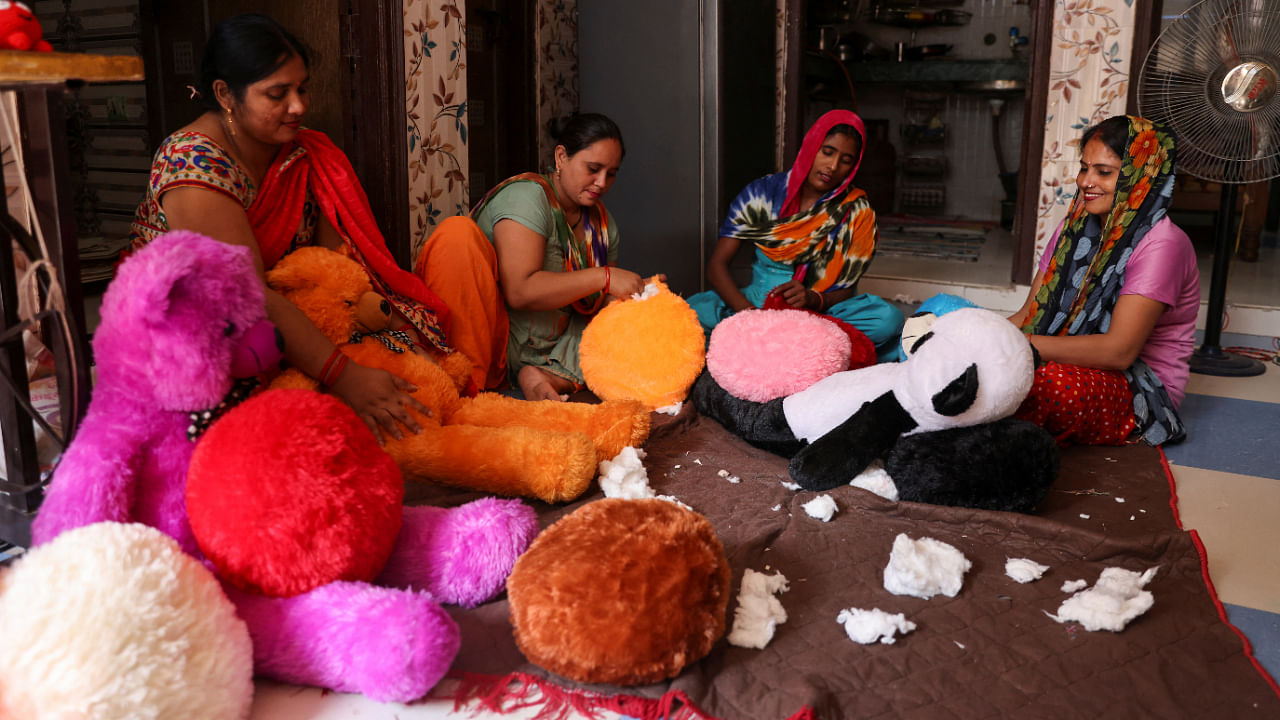
Sitting on the floor of a house on the outskirts of New Delhi, women smile and chat as they fill brightly coloured toy bears with white stuffing made from a product more commonly found in a trash can.
The material is composed of cigarette stubs, separated into fibres and cleaned and bleached after being gathered from the city streets where they had been discarded along with millions of others.
Reprocessing them into a range of products including toys and pillows is the brainchild of businessman Naman Gupta.
"We started with 10 grams (of fibre per day) and now we are doing 1,000 kilogrammes ... Annually we are able to recycle millions of cigarette butts," he told Reuters from his factory on the outskirts of the Indian capital.
His workers also separate out the butts' outer layer and tobacco, which are turned into recycled paper and compost powder respectively.
The World Health Organization estimates that nearly 267 million people, nearly 30 per cent of India's adult population, are tobacco users, and butts litter urban streets where general cleanliness standards are abysmally low.
"(So) working here also helps keep our environment clean," said Poonam, a worker in Gupta's factory who gave only her first name.